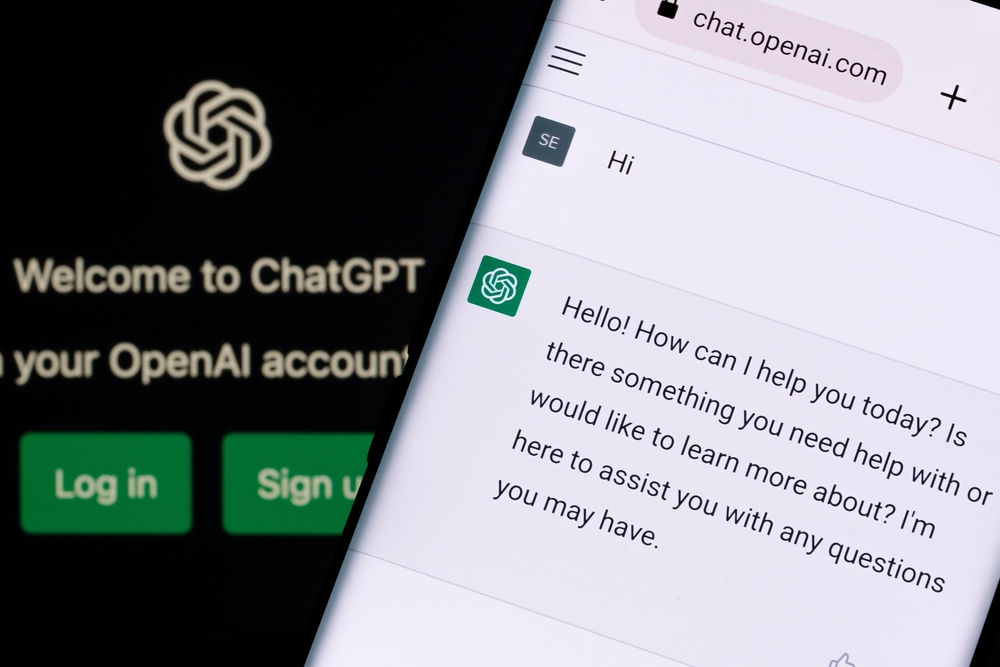
@ShahidNShah


Generative AI in health care has recently gained much attention from major players such as OpenAI, Microsoft, and Google, however, medical professionals should remain in control and use AI for clinical or diagnostic support, administrative tasks, and to aid patient education. Recently, OpenAI released GPT-4, a significant improvement above ChatGPT. Word, Powerpoint, and Excel from the Office365 business suite as well as the newly updated Bing search engine from Microsoft are GPT-4 compatible. Google unveiled MakerSuite and PaLM API, the former of which enables quick prototypes and the latter allows developers to explore with Long Language Models (LLM). Interest has increased worldwide as a result of these generative AI announcements from OpenAI, Microsoft, and Google. The most recent AI developments in the medical field has sparked discussions about robot physicians and AI taking the place of your doctors. People enquire as to whether doctors and other healthcare professionals should be concerned about their future employment. Results of AI attempts to pass the US Medical Licensure Examinations have been studied. The rise of generative AI, which refers to AI models that can create new data or information, has the potential to significantly impact patient care in a variety of ways.
One potential use of generative AI is in medical image analysis, where the technology can be used to generate synthetic images that can help doctors better understand a patient's condition. For example, generative AI can be used to create synthetic MRI images that can help doctors detect and diagnose brain tumors more accurately and efficiently.
Another potential application of generative AI is in drug discovery. By generating new molecules with specific properties, generative AI can help identify potential drug candidates more quickly and accurately than traditional methods, which can save time and resources in the drug development process.
Generative AI can also be used to improve patient outcomes by generating personalized treatment plans based on a patient's unique medical history and genetic information. By analyzing large amounts of patient data, generative AI can identify patterns and make predictions that can help doctors tailor treatment plans to each individual patient.
However, it's important to note that there are also potential ethical and privacy concerns associated with the use of generative AI in patient care. For example, there may be concerns around the accuracy and reliability of AI-generated medical information, as well as concerns around data privacy and security. Therefore, it's important for healthcare providers and regulators to carefully consider the potential risks and benefits of generative AI in patient care before implementing it on a wider scale.
Continue reading at kevinmd.com
The investment in its EHR will transform how it delivers care and manages revenue cycle across the enterprise, Northwell says. To adopt the next-generation electronic health record for the healthcare …
Posted Mar 22, 2023 Electronic Health Records (EHR) Healthcare Delivery
Connecting innovation decision makers to authoritative information, institutions, people and insights.
Medigy accurately delivers healthcare and technology information, news and insight from around the world.
Medigy surfaces the world's best crowdsourced health tech offerings with social interactions and peer reviews.
© 2025 Netspective Foundation, Inc. All Rights Reserved.
Built on Apr 16, 2025 at 5:55am